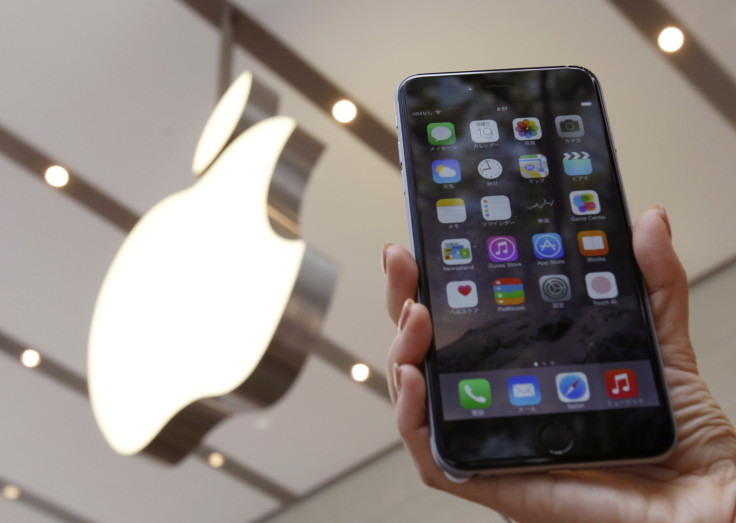iPhone 6S Rumors: TSMC To Make Majority Of Apple Inc. A9, A9X Chips, Remainder To Samsung

Though production of Apple’s next iPhone -- the so-called 6S -- has yet to begin, analysts are offering their two cents about who will make the smartphone’s chip. Over the past few years chip-making for Apple products has typically been split between Taiwan Semiconductor Manufacturing Corp. and South Korea’s Samsung Electronics. Who gets the larger share of the orders is still the question.
Until recently, Samsung had been expected to take the lead in production of the A9 and A9X, the successor to Apple’s current line of A8 and A8X processors in the iPhone 6 and iPad Air 2. But analysts now expect TSMC will take the majority share.
“We believe TSMC will earn most of the A9 orders thanks to its superior yield ramp and manufacturing excellence in mass production,” Daiwa Securities analysts Rick Hsu and Olivia Hsu said Thursday in a research note reported by Barron's. “We expect TSMC to earn all of Apple’s A9X orders (for the next-generation iPad) and most of the A9 (for the next generation of iPhone), aggregating to an allocation of over 70 percent.”
If that proves true, this will be the second year in a row that TSMC has taken the lead in iPhone chip production. The Taiwanese company also was responsible for the majority of chip production for Apple’s iPhone 6 and iPad Air 2, unveiled last fall.
Last month, TSMC launched a lawsuit against a former research and development employee for allegedly leaking secrets related to its 28-nanometer production process to Samsung, according to EETimes.
While Samsung was initially expected to handle the bulk of A9 production, its manufacturing processes could be shifted toward its own Galaxy S6 and S6 Edge, all of which contain its in-house-produced Exynos processor, instead of using Qualcomm’s line of Snapdragon chips for the majority of its devices.
Apple’s iPhone 6S is expected to have a form factor similar to its predecessor, while adding features such as Force Touch and a pink color option.
On the patent side, Apple is also exploring waterproofing methods for its next iPhones and iOS devices. But as with any patent filed by the company, it's unknown if or when the feature will appear in its devices.
© Copyright IBTimes 2024. All rights reserved.












